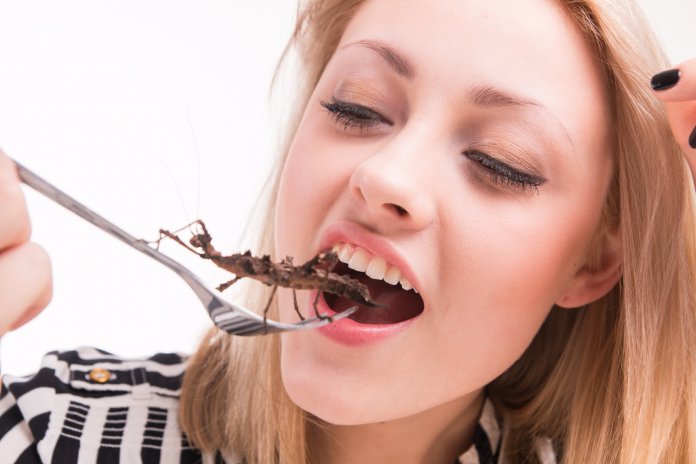There is a new “trendy protein” on the market that is making some bold promises. Proponents are even saying that it could be a major part of the solution to global hunger. It’s inexpensive, packed full of nutrition, and it’s tasty… so what’s the catch? It comes from insects. Yes, that’s right… bugs. Various species of crickets, beetles, worms, and many more are traditionally eaten in many regions of the globe, and, believe it or not, these grubs are highly nutritious.
Many people on this side of the world find the very idea of eating insects downright disgusting. However, over two billion people worldwide dine on them on a regular basis. According to the UN Food and Agriculture Organization, there are approximately 1,900 species of insects that are recognized as a food source. So, it’s really quite commonplace in some areas, though it tends to set Americans abuzz (sorry).
Why would anyone choose to eat insects? Along with some people enjoying the flavor and crunch, they’re a great, fairly clean source of protein, and contain a wealth of other nutrients. What’s more, new research published by the American Chemical Society has found that some varieties of insects may be better sources of certain nutrients than beef.
For their study, researchers analyzed the mineral content of buffalo worms, crickets, grasshoppers, and mealworms. They also tested nutrient absorption from each of these insects by reproducing a model of human digestion in a laboratory setting. Results showed that the iron from the insects was readily bioavailable, and that crickets had the highest levels of iron. The researchers also found that many nutrients were better absorbed from insects than from sirloin beef.
Summarizing their findings, the study authors wrote:
“Interest in the consumption of insects (entomophagy) as an alternative environmentally sustainable source of protein in the diet of humans has recently witnessed a surge… Collectively, the data show that grasshopper, cricket, and mealworms contain significantly higher chemically available Ca [calcium], Cu [copper], Mg [magnesium], Mn [manganese], and Zn [zinc] than sirloin… Commonly consumed insect species could be excellent sources of bioavailable iron and could provide the platform for an alternative strategy for increased mineral intake in the diets of humans.”
According to the researchers, consuming these bugs could be one global food strategy to help feed the ever-increasing population of planet Earth. Whatever your feelings are on munching crickets and mealworms, the global market is opening up to the possibilities. Protein bars and other foods made with crickets and other bugs are becoming more readily available, and you may already be seeing these products on grocery store shelves.
What do you think? Would you eat insects as part of your healthy diet?
– Dr. Joshua Levitt


